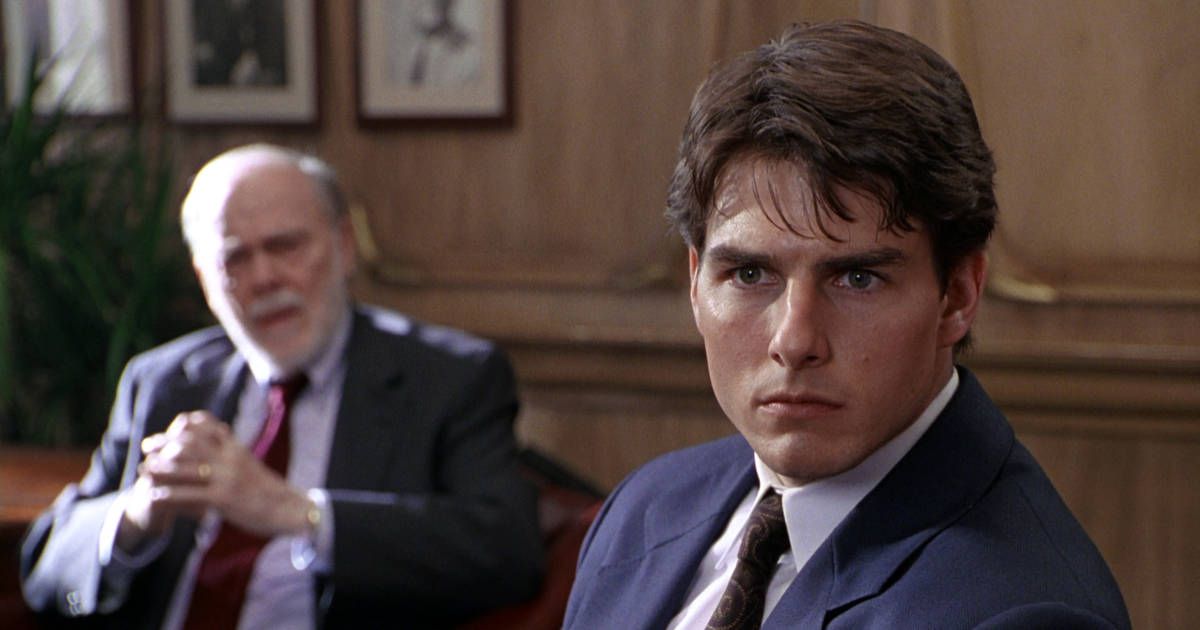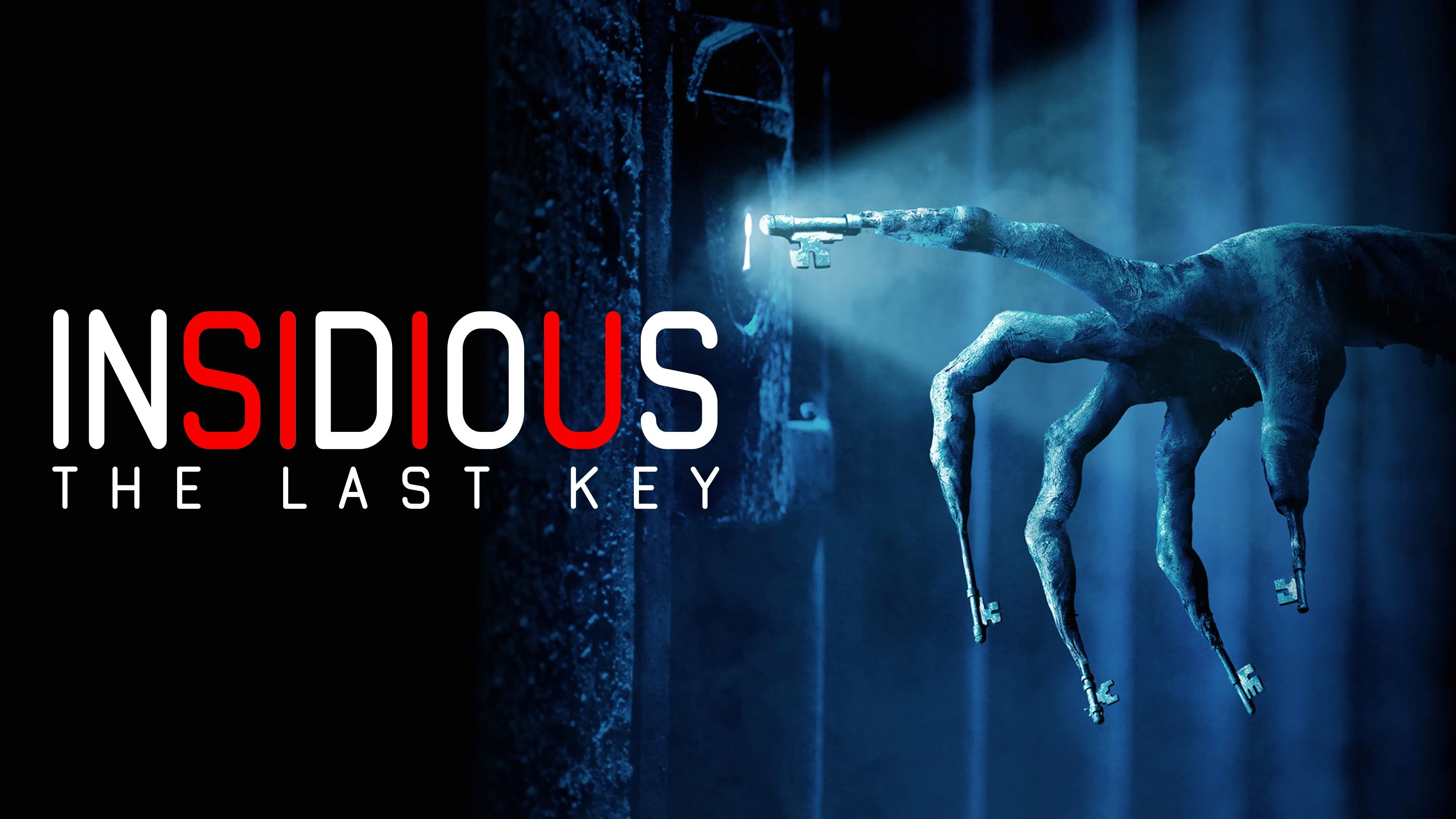More than two decades after the original Shadow Conspiracy (1997) explored secrets at the heart of the U.S. government, Shadow Conspiracy (2025) returns with a bold, high-stakes political thriller that feels both frighteningly timely and cinematically sharp. Directed by Denis Villeneuve (in a surprising break from science fiction), this gripping sequel blends government paranoia, cyber warfare, and real-world echoes into a fast-paced drama with teeth.
And yes, the shadows have only grown darker.
Set in 2025 during a contentious election year, the sequel follows Julia Wyatt (portrayed by Rebecca Ferguson), a high-ranking cybersecurity analyst at the National Intelligence Bureau, who uncovers an encrypted file suggesting a covert group is manipulating world governments through fabricated intelligence, AI-driven propaganda, and targeted political assassinations.
Her source? None other than Bobby Bishop (Charlie Sheen, returning in a much darker, grizzled portrayal), now a disillusioned former White House advisor turned recluse. After two decades underground, Bishop re-emerges when his former protégé is found dead in an apparent suicide—one Julia quickly suspects is murder.
Together, Julia and Bishop must navigate an America where information can’t be trusted, enemies wear patriotic masks, and trust is a rare currency.
Rebecca Ferguson’s Julia Wyatt is a standout. Cool-headed, brilliant, and hardened by years of watching political spin outpace truth, she brings quiet steel to every scene. Ferguson’s portrayal balances logic with deep emotional conflict—she wants justice, but she knows the system is stacked against it.
Charlie Sheen’s return as Bobby Bishop is surprisingly effective. He’s not the action hero anymore—he’s the guilt-ridden survivor of a war no one else saw. His arc explores what happens when you spend your life knowing the truth but powerless to share it. This older Bishop is haunted and dangerous.
Giancarlo Esposito delivers a chilling performance as Secretary Vaughn Cross, a respected public servant who may—or may not—be the orchestrator behind the conspiracy. His performance keeps you guessing until the very end, delivering one of the most satisfying confrontations of the year.
A strong supporting cast—Kaitlyn Dever as a young hacker, Chiwetel Ejiofor as an intelligence officer with questionable motives, and Toni Collette as the U.S. President—adds tension and complexity to the already tangled web.
If the first Shadow Conspiracy warned of internal political sabotage, the 2025 version focuses on a more frightening idea: the war isn’t fought with bullets, but with belief.
AI-driven news manipulation, deepfakes, fake whistleblowers, and internal government sabotage turn every scene into a maze of half-truths. Viewers are forced to question the motives of every character, and that uncertainty mirrors the real world far too effectively.
The film tackles questions like:
-
What happens when truth becomes subjective?
-
Who benefits when chaos reigns?
-
Can democracy survive when technology outpaces morality?
It’s the kind of political thriller that leaves you staring at your phone afterward, wondering what’s real.
Denis Villeneuve’s direction gives the film a noir-tech feel. Offices are bathed in icy blues and greys. Data streams flicker across glass walls. Washington D.C. feels more like a battleground than a capital.
Scenes are tightly edited, intercut with rapid surveillance footage, flashbacks from the original film, and brief moments of calm that explode with sudden violence. Villeneuve crafts a sense of constant unease—even quiet moments feel like ticking clocks.
Composer Ramin Djawadi provides a minimalist but haunting score—digital pulses, rising strings, and eerie silences between beats, underscoring how every step toward truth could be your last. The final act is a breathless race through an abandoned NSA outpost, a live news leak gone horribly wrong, and a showdown in the U.S. Capitol where personal loyalty and national duty clash.

The climax doesn’t deliver perfect justice. Instead, it asks the audience to sit with ambiguity. Yes, one layer of the conspiracy is exposed—but at what cost? Who fills the power vacuum? What isn’t being told? In one of the final scenes, Bishop looks over the National Mall and says: “They always thought it was about controlling the people. But it was never about control. It was about noise. Loud enough, and no one listens anymore.”
Shadow Conspiracy (2025) is an intelligent, visually arresting, and deeply unsettling film. It avoids simplistic good-versus-evil tropes and instead invites the audience to get lost in the fog of modern power plays. With layered performances, bold direction, and writing that treats its viewers as thinkers, it revives the political thriller for the age of disinformation.
It doesn’t just entertain—it challenges. It doesn’t wrap things up neatly—it leaves you thinking. And in a world where truth is slippery, that may be the most honest ending of all.






-1751009549-q80.webp)